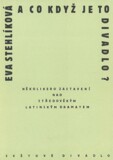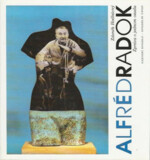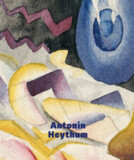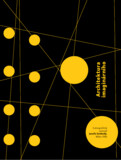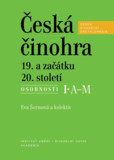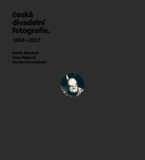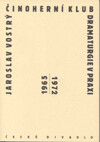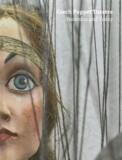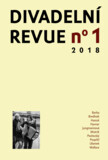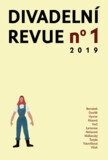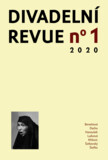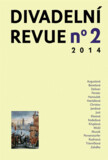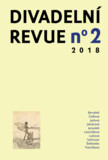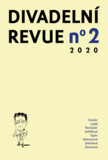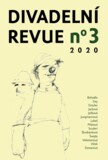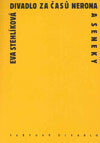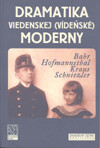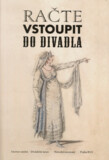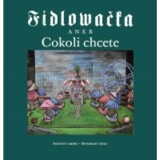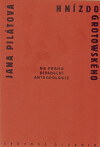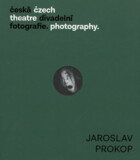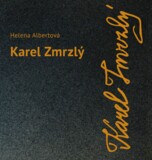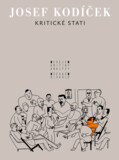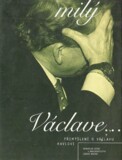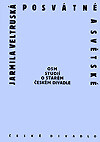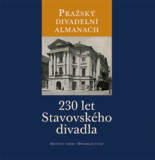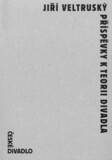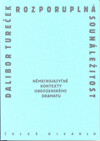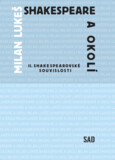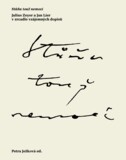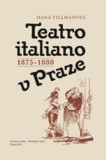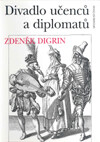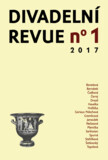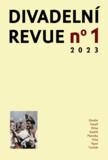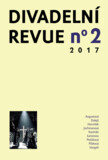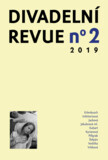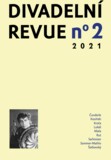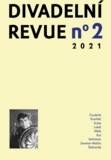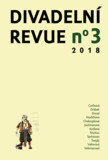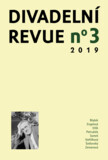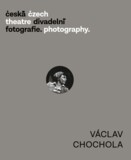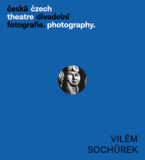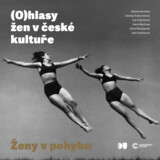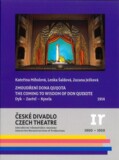The collection of correspondence from the years 1883-1900 presents a unique testimony, substantially completing the picture of the social, cultural and artistic milieu in the Czech lands at the end of the 19th century. It captures the deep friendship of two artists, scholars and sceptics, in the lexicon of their own self-reflection - malcontents. The dissatisfaction and exasperation, interspersed with the malcontented descent of the two friends, are not only signs of their sensitive and critical personalities; the artistic self-stylization into the role of lone warriors, in which they identified with the image of the romantic artist-outsider, is symptomatic of an entire generation of Czech literary Parnassianism that resisted the simultaneous rise of realism and naturalism in art. The correspondence proves, among other things, that these were by no means impenetrable environments, as the simplistic textbook constructs have it. In this sense, the relationship of both writers (and Zeyer's in particular) to Zola or Ibsen is telling. The shared disdain for contemporary moralistic, narrow-minded and nationalistic criticism, which found a new epicentre in Moravia in the 1980s, does not indicate a lack of national consciousness on the part of either respondent. On the contrary, their implacably anti-Habsburg sentiment is another significant contribution to the complex picture of the times. The poet calls Austrianism, which, according to Zeyer, journalism has instilled in the blood of the people, "a disease as ugly as syphilis." The common target of the correspondence is of course Vienna as the quintessence of all Austrianism, as well as the loyal attitude of the Czech political and cultural representation and the pro-Habsburg character of Czech festivals and institutions. However, the conflict between ideological convictions and pragmatic actions did not escape the writers (especially the economically and socially more dependent Lier). The same is true of the exacerbated criticism of the Czech first stage, which is heard in the letters until one of the writers becomes - as dramaturge of the National Theatre - a co-responsible one. Here we also see a complete transformation of the relationship between the National Theatre and Zeyer the playwright.

